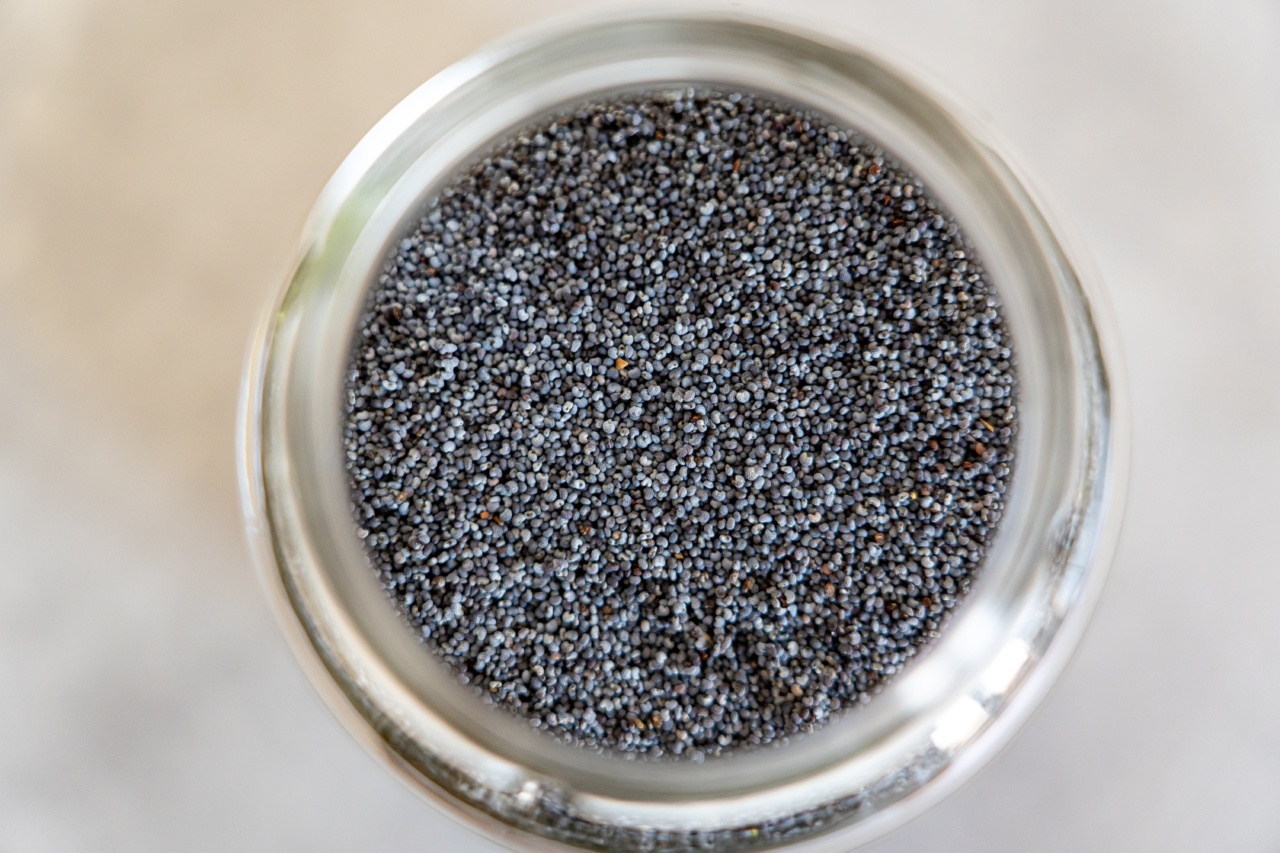Without a doubt, nutrition is an essential part of our overall well-being. However, with the fast-paced lifestyle and busy schedules, getting a balanced diet filled with all the required nutrients seems to be more of a challenge than ever before.
A recent study by the University of California found that more than 50% of Americans do not consume enough vitamins and minerals that are vital for proper physical and mental health.
This is primarily due to the rise of fast food and processed meals that lack the necessary nutrients that our body needs. Poor diets not only result in a lack of energy and focus but can also lead to serious illnesses and diseases. Here are some of the vital nutrients that are commonly missed in poor diets:.
1. Omega-3 Fatty Acids
Omega-3 fatty acids are essential fats that our body cannot produce on its own and have to be taken through our diet. These are primarily found in oily fish like salmon, tuna, and mackerel, which are often missing in the average diet.
Studies have shown that omega-3 fatty acids play a significant role in cognitive function, cardiovascular health, and can even prevent depression.
2. Fiber
Fiber is a crucial nutrient that is often overlooked in poor diets, and this can lead to digestive disorders like constipation, diverticular disease, and colon cancer.
Foods rich in fiber can provide a range of health benefits, including reducing blood pressure, cholesterol levels, and maintaining healthy weight. Some fiber-rich foods to include in your diet are lentils, beans, whole grains, vegetables, and fruits.
3. Vitamin D
Vitamin D is a vital nutrient that helps our body absorb calcium and maintain strong bones and teeth. It is also essential for healthy immune system function and improving mood.
Unfortunately, many people are vitamin D deficient due to a lack of exposure to sunlight and a poor diet. Foods rich in vitamin D include fatty fish, egg yolk, mushrooms, and fortified dairy products.
4. Calcium
Calcium is vital for healthy bones and teeth, as well as proper muscle and nerve function. It is essential to consume enough calcium daily to maintain bone density and prevent osteoporosis.
Dairy products like milk, cheese, and yogurt are excellent sources of calcium, as well as leafy green vegetables, nuts, and fortified foods.
5. Iron
Iron is a mineral that is essential for carrying oxygen throughout the body and maintaining healthy blood flow. Iron deficiency can lead to anemia, which causes fatigue, weakness, and dizziness.
Foods that are rich in iron include red meat, poultry, seafood, beans, and fortified cereals.
6. Magnesium
Magnesium is a mineral that is necessary for energy production, muscle and nerve function, and maintaining healthy blood pressure levels.
Many people do not consume enough magnesium in their diets, and this can lead to a range of health problems like migraines, anxiety, and heart disease. Magnesium-rich foods to include in your diet are leafy green vegetables, whole grains, nuts, and beans.
7. Potassium
Potassium is a mineral that helps regulate fluid balance and control blood pressure levels in the body. A lack of potassium can lead to muscle cramps, weakness, and even heart problems.
Foods that are rich in potassium include bananas, potatoes, yogurt, avocados, and leafy green vegetables.
8. Vitamin C
Vitamin C is a crucial vitamin that is essential for healthy skin, protecting against infection, and maintaining a healthy immune system.
It is found in abundance in fresh fruits and vegetables like citrus fruits, kiwi fruit, melons, berries, and green leafy vegetables.
9. Zinc
Zinc is a mineral that is essential for boosting immune function and healthy wound healing. It is also essential for healthy growth and development. Foods that are rich in zinc include oysters, red meat, poultry, beans, and fortified cereals.
10. Vitamin E
Vitamin E is a vital nutrient that is essential for healthy skin, eyes, and immune system function. It is also a powerful antioxidant that can reduce the risk of heart disease and certain types of cancer.
Vitamin E can be found in foods such as nuts, seeds, and whole grains.
Ensuring that you consume a balanced diet that includes a variety of nutrients is essential for optimal health and well-being.
Whether you are looking to lose weight or simply lead a healthier lifestyle, making sure that you consume the above vital nutrients can make all the difference.






























